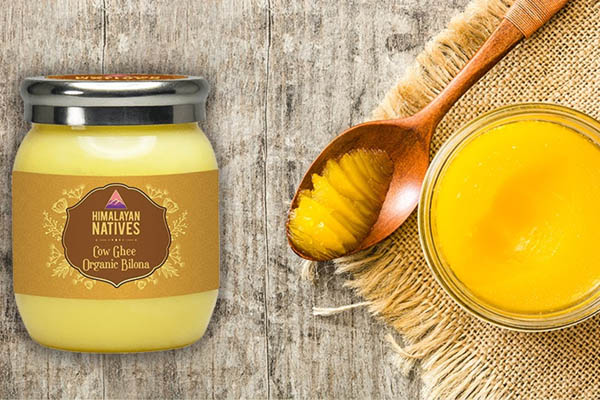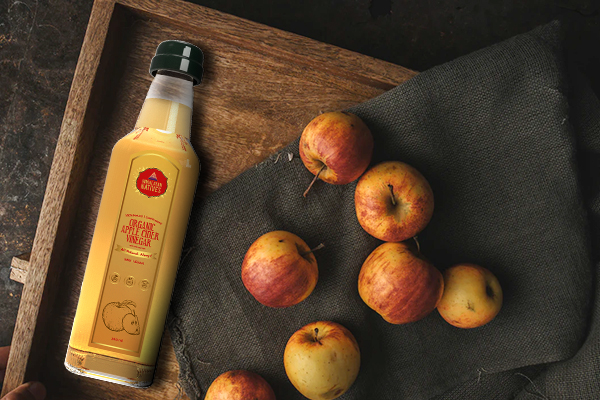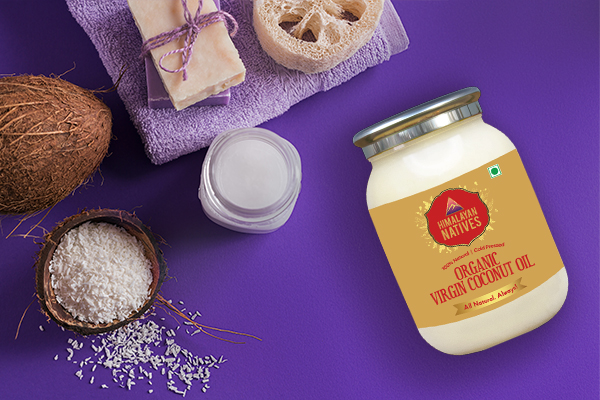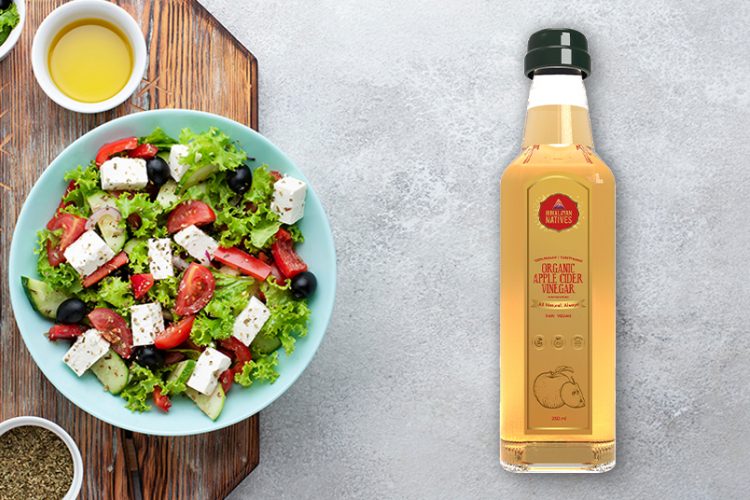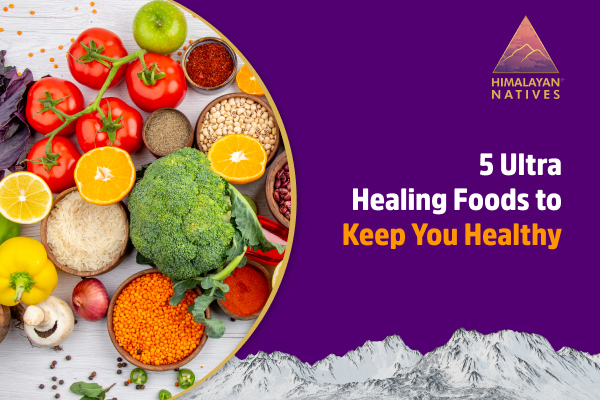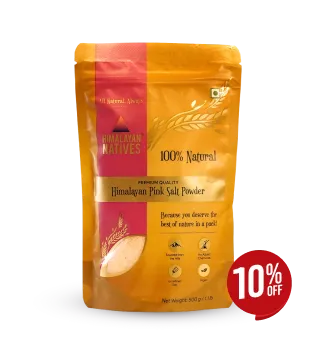
Your Body’s Hidden Powerhouse
What if we tell you, the secret to vitality, longevity, and glowing health isn’t in your genes but in your gut? The gut, often dismissed as just the body’s digestion factory, is quietly emerging as the most influential organ of our time.
For ages, our understanding of health revolved around what we could see, measure, or take apart. But now, science is turning its gaze inward into a complex ecosystem made up of trillions of microorganisms known as the gut microbiome. These microbes are microscopic powerhouses regulating everything from how we digest food to how we protect ourselves from infections, balance our emotions, and even how our skin glows.
What’s more interesting is that the gut doesn’t just react to what we feed it; it remembers and learns. This shapes our long-term health outcomes. In some cases, the state of our gut is linked to our aging, thought process, and the strength of our immune system.
In a world where we’re constantly seeking shortcuts to better health, maybe the most powerful answer has always lived inside us. Let’s know more about how the gut and its microbiome influence our overall health.
1. The Gut Microbiome: A Universe Within

The microbes in your gut don’t just help break down food; they also assist in nutrient absorption, fuel the immune system, and even communicate with the brain. It’s no wonder that an imbalance in this ecosystem can wreak havoc on your well-being.
Each person's microbial landscape is completely individual, shaped by environment, diet, and even birth method. It’s as unique as a fingerprint, and it has the potential to define everything from the body’s inflammatory response to how efficiently it metabolizes food.
How It Influences Overall Health
Recent research highlights how gut bacteria impact everything from mood regulation to skin clarity. Ever noticed how stress can trigger breakouts? Or how a poor diet leaves you sluggish? It turns out, your gut could be to blame.
But it doesn’t stop there. The link between gut health and chronic illnesses like diabetes, obesity, and even autoimmune disorders has been well-documented. Research also suggests that an imbalanced microbiome can increase inflammation in the body, a root cause of many of today’s most pervasive health issues.
So, how can you keep this microbial powerhouse functioning at its best? The answer is simple: by focusing on strategies that increase gut health, such as a fibre-rich diet, probiotic foods, and reducing stress.
2. The Gut-Brain Axis: A Two-Way Street
When we talk about boosting gut health, it’s not just about digestion. There's a less-talked-about aspect of gut health that often goes unnoticed, which is the gut's direct link to the brain.
How Your Belly Talks to Your Brain
Your gut has a direct line to your brain, thanks to a remarkable structure known as the vagus nerve. This nerve serves as the primary communication between your gut and your brain.
Here’s where it gets truly interesting: around 90% of the body’s serotonin, most commonly associated with happiness and well-being, is produced in the gut. Yes, the same serotonin that regulates your mood, sleep, and cognitive function is synthesised in your gut. So, if your gut health is compromised, it's not just your digestion that suffers; it could be your mental clarity, emotional state, and even how you process the world around you.
Mental Clarity and Emotional Resilience
Your gut health plays a direct role in emotional regulation and cognitive function. When your gut microbiome is in balance, it helps stabilize mood, calm anxiety, and even reduce brain fog.
The good news is that the ways to improve gut health are often the same as the ways to boost emotional resilience. Incorporating gut-friendly foods, such as prebiotics and probiotics, and adopting a more mindful approach to eating and living can dramatically improve emotional well-being.
3. Your First Line of Defence

In the ever-expanding conversation around health, one truth is becoming unmistakably clear: A healthy gut isn’t just good for digestion, but it is your immune system’s first responder.
Stronger Gut, Stronger Immunity
A healthy gut supports the production of antimicrobial peptides, maintains the integrity of the gut barrier, and keeps pathogens from slipping through the cracks. It's like having a 24/7 surveillance team, powered by nothing but your diet, sleep, and stress levels.
And while people are scrambling for quick fixes, here's a quiet revolution that is gaining a lot of popularity: starting your day with warm lemon water, aloe vera juice or probiotic-infused herbal teas. These small daily rituals help restore gut health, gently nudging the immune system into balance.
So, what are probiotics? Live, beneficial bacteria that help support a healthy gut, and found in fermented foods like yogurt, kimchi, or in supplement form. These bacteria can aid digestion, strengthen the immune system, and restore balance to the gut microbiome.
Prebiotics, on the other hand are a type of non-digestible fiber that serve as food for the good bacteria already living in your gut. They help these beneficial bacteria grow and thrive.
In simpler terms, probiotics are the helpful bacteria themselves, and prebiotics are what these bacteria feed on. Both work together to keep your gut healthy and balanced.
Children and Gut Immunity
The most critical gut-immune link begins not in adulthood, but in the earliest stages of life.
Breastfeeding has long been celebrated for its nutrient-rich composition, but its hidden superpower lies in its ability to seed the infant gut with beneficial bacteria. Similarly, early encounters with a wide range of microbes - playing outdoors, interacting with pets, or even tasting a bit of dirt - help train a child’s immune system to respond rather than overreact.
In fact, several studies are now connecting the dots between childhood gut health and a reduced risk of allergies, asthma, autoimmune disorders, and even eczema later in life.
4. The Enemies of a Healthy Gut

We’re constantly told what to eat, what to avoid, and what habits will keep us thriving. But what if the real enemy of a healthy gut isn't what we’re missing, but what we're doing wrong?
Modern Lifestyle Offenders
Antibiotic Overuse: Antibiotics, while essential in certain situations, can wipe out both harmful and beneficial bacteria in the gut, disrupting the microbiome balance
Highly Processed Foods: Foods loaded with refined sugars, unhealthy fats, and artificial additives contribute to inflammation and microbial imbalance.
Lack of Sleep: Insufficient sleep disrupts the body’s circadian rhythm, which affects digestion, immune function, and overall gut health.
Chronic stress: High stress can increase cortisol levels in the body, which can impair gut function, leading to an imbalance in the microbiome.
Sedentary habits: Lack of physical activity negatively impacts digestion and reduces microbiome diversity.
Environmental toxins: Exposure to pollutants and chemicals harms gut flora, weakening the body’s defences.
Warning Signs of Gut Imbalance

Bloating: Persistent bloating after meals can indicate that your digestive system and gut microbiome are out of balance.
Constipation/Diarrhoea: Difficulty with bowel movements or frequent diarrhoea signals poor gut function and imbalance.
Skin issues: Acne, eczema, or other skin rashes may be signs of inflammation in the gut.
Sugar cravings: Constant sugar cravings could indicate an overgrowth of harmful gut bacteria feeding on sugars.
Fatigue: Gut imbalances may affect nutrient absorption, leaving you feeling tired and sluggish.
Frequent colds: An unhealthy gut compromises the immune system, leading to more frequent infections.
5. Nourishing Your Gut: A Lifestyle Reset

When we talk about achieving a healthy gut, the conversation often spirals into probiotic supplements or trendy wellness hacks. The gut responds not to trends, but to daily consistency.
Diet First: What to Eat
A gut-healthy diet plan begins with prioritizing whole, unprocessed foods that feed your gut rather than fight it.
Prebiotic-rich ingredients like garlic, onions, and bananas nourish the good bacteria and help create a more diverse gut microbiome.
Adding probiotic foods such as yogurt, kimchi, sauerkraut, and kefir introduces beneficial bacteria that strengthen your digestive system.
Experts agree that a gut-healthy diet rooted in Mediterranean eating principles - with lots of vegetables, legumes, whole grains, and fermented foods - supports long-term gut health.
The best diet for gut health is one that is sustainable, anti-inflammatory, and focused on nourishing the gut lining with real, whole foods.
Daily Habits That Strengthen the Microbiome
Drinking plenty of water daily supports digestion, nutrient transport, and the overall health of your gut microbiome.
Practising mindful eating by chewing slowly and being mentally present while eating helps improve digestion and enhances the body’s ability to absorb nutrients.
Regular physical activity stimulates the digestive system, which is essential for maintaining a healthy gut environment.
Getting adequate sleep each night allows your body and your microbiome to repair, rebalance, and function more efficiently.
Managing stress through techniques like meditation, deep breathing, or short breaks from screens can significantly reduce inflammation and protect gut health.
6. Natural Probiotics vs. Supplements: What Works

Should you rely on gut-healthy foods, or is a supplement your best friend?
Modern science doesn’t dismiss either. But when it comes to nurturing your inner ecosystem, there’s a growing consensus - nature knows best. And sometimes, the simplest, most traditional foods can do what no capsule can.
Fermented Foods - Nature’s Medicine
Ask any gut health expert, and you’ll likely hear the same thing: fermented foods are the original probiotics. Long before refrigeration and pharma-led innovation, cultures around the world leaned on foods like:
Kefir: A type of fermented milk that may help manage blood sugar, lower cholesterol, and boost digestive health.
Sauerkraut: A finely cut raw cabbage that is fermented by various lactic acid bacteria.
Miso: A traditional Japanese fermented soybean paste, a staple in Japanese cuisine. It's made by fermenting soybeans with salt and koji (cooked rice and/or soya beans that have been inoculated with a fermentation culture, Aspergillus oryzae.)
Kombucha: An effervescent fermented beverage prepared by fermenting black or green tea with sugar, bacteria, yeast and often fruit.
Each of the above fermented foods is naturally teeming with live bacteria known to restore and rebalance gut health.
What makes these foods good for gut health isn't just the presence of probiotics, but their symbiotic blend with fiber, enzymes, and amino acids. These foods work to repopulate your microbiome and also heal the gut lining and support nutrient absorption.
It’s no surprise that diets consistently ranked among the healthiest are the Mediterranean or traditional Japanese diets, filled with some of the best foods for good gut health. For instance, marinated olives, pickled radishes, and aged miso, all contribute to a naturally strong digestive system.
When to Consider Supplements
Antibiotic recovery, inflammatory bowel conditions, or compromised immunity may require a more concentrated approach. But people go wrong by popping a generic probiotic and expecting instant miracles.
Clinical experts emphasise the importance of subtype specificity - not all probiotics serve the same purpose. Some subtypes improve digestion, others bolster immunity, and a few are known to positively influence mood and cognition. So choosing the right type, in the right quantity, from a clinically backed supplement brand, is key to actual results.
Unlike gut-healthy foods, supplements don’t offer the whole-food synergy of fibre, enzymes, and nutrients. They are targeted tools and not replacements for real food.
Trust Your Gut – It Knows the Way
If modern wellness has taught us anything, it’s this: your gut isn’t just a digestive organ - it’s a living, breathing ecosystem that anchors your physical, emotional, and immune system’s well-being.
So, if you’re wondering how to improve gut health naturally, start by respecting what your body has been whispering all along. Choose foods that are genuinely good for gut health. Pause before meals. Move often. Sleep deeply. And above all, trust the gut feeling that pulls you towards balance.
For more such healthy content, follow Himalayan Natives on Instagram and Facebook!
Frequently Asked Questions (FAQs):
1. How do I repair my gut?
Answer: You can repair your gut by eating more fibre-rich, fermented, and anti-inflammatory foods. You should reduce the consumption of processed foods, manage your stress, and stay hydrated. Moreover, probiotics and prebiotics also support gut healing.
2. What causes a bad gut?
Answer: A bad gut is often caused by poor diet, high stress, lack of sleep, frequent antibiotic use, and low fibre intake - all of which disrupt the balance of gut bacteria.
3. What foods are easy to digest?
Answer: Easily digestible foods include bananas, white rice, steamed vegetables, applesauce, bone broth, oats, and yogurt. These are gentle on the stomach and support digestion.
4. What is a 7-day Gut Reset?
Answer: A 7-day Gut Reset is a short-term diet plan focusing on clean eating by eliminating processed foods, sugar, and irritants while emphasizing increased fibre & fermented foods intake and hydration to restore gut balance.
5. What is the best diet for a healthy gut?
Answer: The best gut-friendly diet is rich in whole foods, fibre, fruits, vegetables, fermented foods, and lean proteiwns. It limits sugar, processed foods, and artificial additives.
 HELPFUL0 people found it helpful
HELPFUL0 people found it helpful
Related Blogs
Subscribe to Our Blogs
and never miss on the latest update!







